I’ll start off strong here and say that I like Eiyuden Chronicle: Hundred Heroes, but I expected better. It’s not a bad game by any means, but it definitely lacks in certain areas compared to other JRPGs. Let me explain why.
Eiyuden Chronicle: Hundred Heroes Has a Generic Story
You play as Nowa, a new recruit in Lady Perrielle’s Eltisweiss Watch, an army dedicated to protecting the city of Eltisweiss and its surrounding area, Grum County. You’re thrown headfirst into a mission to find and explore a mysterious ruin known as a Runebarrow in search of a Primal Lens, a powerful magic object, for the Galdean Empire and a man named Dux Aldric. Of course, they won’t use it for evil… Fast forward six months later, and, well, they use it for evil. Never saw that one coming. It’s up to Nowa to find recruits to thwart their plans.
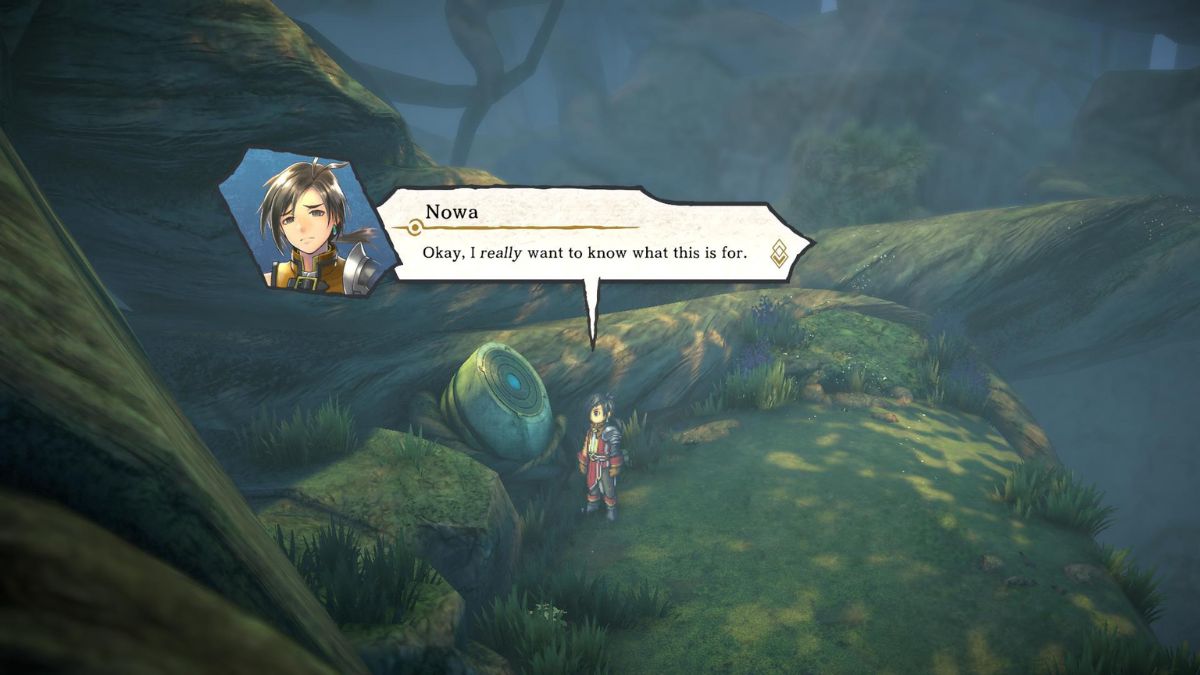
The continent of Allran is divided into various areas, each with its own towns, cities, and remote areas like forests, which you must explore to recruit people to the Watch. While the mix of 3D and 2D graphics looks amazing, especially with Eiyuden Chronicle: Hundred Heroes‘ beautiful world design, the first few hours are a slog. Both in storytelling and the fact that you don’t unlock fast travel until around 10 hours in, meaning you literally must run back and forth everywhere through areas you’ve already explored multiple times. The storyline takes a little while to pick up, though once it finds its feet, it’s okay. Nothing I haven’t heard before: government = bad, the hero must defeat the evil leaders and restore peace, blah, blah. Not to say that it’s bad because it’s not — it’s just somewhat repetitive.
Recruiting + Combat = Fun
What I do really like is the recruiting system. As the story progresses, Nowa is put in charge of the resistance and given his own base of operations, and as you visit different areas, you’ll find people you can recruit to your base. Some will join you after a quick conversation, while others require a bit of persuasion first in the way of delivering certain items or characters. And these can become quite difficult, which I love. For example, one person won’t join you until you’ve delivered them a specific fish, but that fish can only be caught at an unmarked fishing spot you’d likely have a hard time finding unless you were told where to go, which you’re not. Like a ’90s JRPG, there’s not much handholding in Eiyuden Chronicle: Hundred Heroes, and it’s great. One of the reasons I love classic JRPGs is the difficulty, so it ticks that box nicely. The sheer number of recruits made me want to explore every nook and cranny of Allran to find them all, which I never quite could.
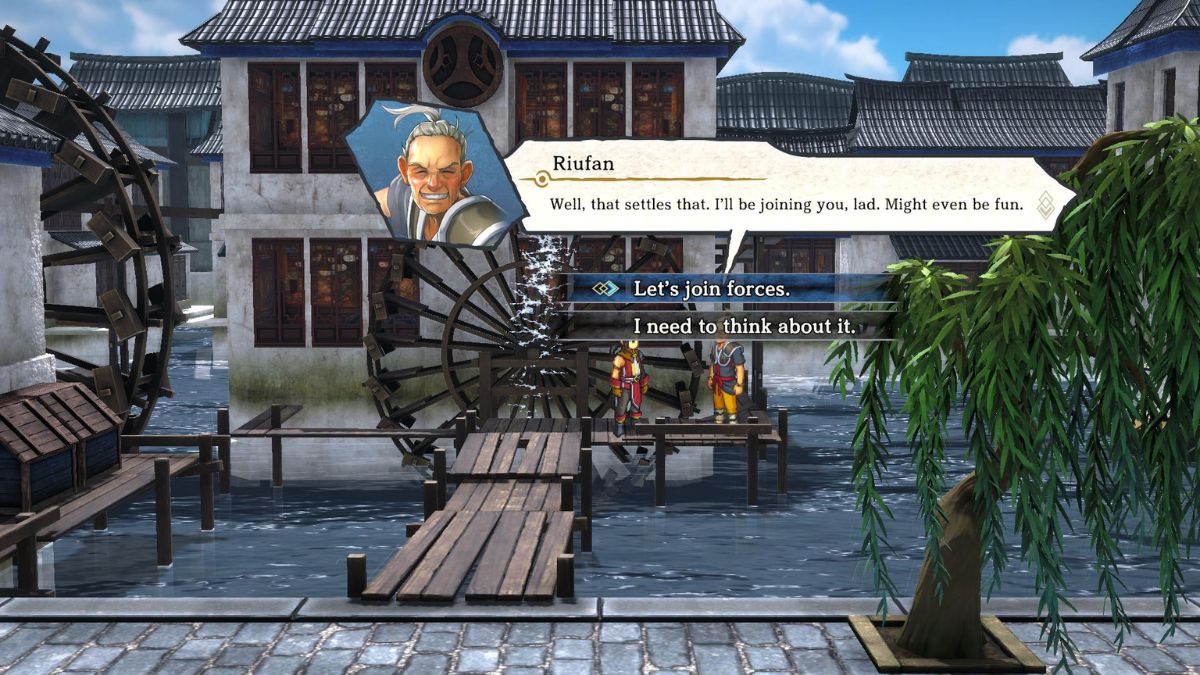
Something else that can be difficult is the combat, which you can choose to fully automate with the Auto option if you’d like – but where’s the fun in that? As you run around areas, you’ll encounter enemies in turn-based battles, and if you’re not well-equipped, they can be tough, even with a full party of leveled-up recruits. You use a combination of standard attacks and magical attacks with your Rune-Lens to deal damage, the latter of which uses Runes, which you can either find in the world or buy from vendors. As you progress, you’ll want to upgrade your Runes to ensure you’ve got the very best moveset on each of your party members. But even so, battles can consist of eight or more enemies sometimes, making fights challenging. It’s always good to come prepared with several healing and restorative items, especially if you plan to explore an area for a while. My whole team has died more times than I can count in Eiyuden Chronicle: Hundred Heroes, even when I’ve come stocked up with items and been confident of taking the win, so prepare to wipe. A lot. Even in the early game.
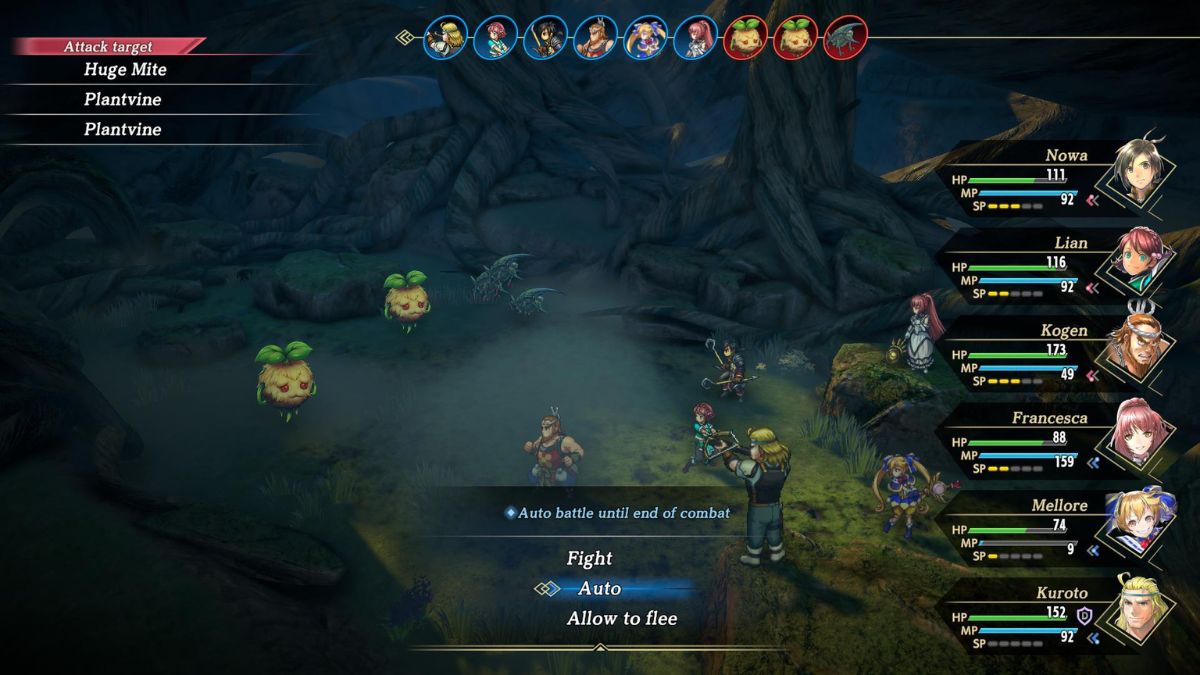
During the story, there are segments where you ditch the usual turn-based combat for strategy RPG sections where you control an army. I won’t spoil the story, but these aren’t my favorite sections — I find them, to be quite frank, boring. It’s no Fire Emblem. Instead, it’s very shallow, where you simply move, maybe use a buff or two, and then wait for the opponent to attack. My team also felt very overpowered here; I never lost, even when I put no effort into winning. I know the whole point is to win, but it feels cheap if you’re not working hard toward victory. It feels like they just give it to you here.
Related: Do You Need to Play Eiyuden Chronicle: Rising Before Hundred Heroes?
There’s Plenty to Do Outside of Combat in EC:HH
Outside of combat, you’re also given a base of operations to build up, using resources you collect around the world to add new amenities such as a pasture, a fortune teller, and a hot spring. Your goal is to essentially build up the resistance as much as possible and provide a new town for people to flock to as a safe haven. It’s a fun little side activity I sunk many hours into, but it is barebones outside of “here’s a shop you can buy items or armor from, and this person will now collect resources for you automatically.” I went hours and hours without visiting my base multiple times until I remembered I should probably check in and see what was going on. It’s nice to have, but I just wish it felt more important because, in the story, it is important.
When you’re not upgrading your base or recruiting people for the Watch, you can take a break with several minigames, such as Beigoma, which is essentially Beyblade. You collect different tops, each with its own element and stats, and battle against other Beigoma players to knock over their tops and become the best. There’s also a card game and a cooking minigame in which you must impress critics with your culinary skills, and my favorite of all — fishing. Throw fishing in any game at all, and I’ll be there. Eiyuden Chronicle: Hundred Heroes offers a lot to do if you just want to take 15 minutes to chill away from the action, which I really liked. Most minigames are locked behind recruits, which, again, makes you want to explore and find them; it gives you an extra incentive.
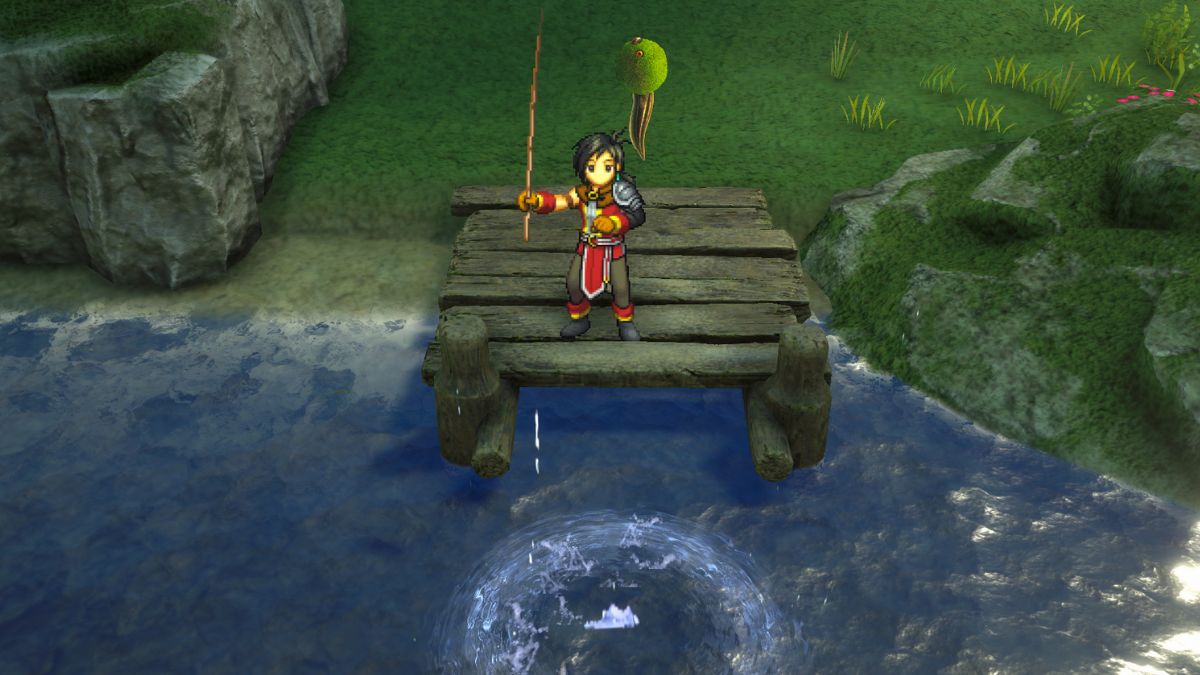
Overall, Eiyuden Chronicle: Hundred Heroes is good. The world is beautiful, recruiting is fun, and there are plenty of minigames to sink time into if you’d like. I just wish its story had more meat to it rather than feeling like a generic tale I’ve heard time and time again. It is good, but just don’t expect to be blown away by some epic saga that will have you on the edge of your seat. Also, get used to dying because you will, a lot. If you’re a fan of classic ’90s JRPGs, I’d recommend it, and even if you’ve never played one but like JRPGs like Octopath Traveler, you’d probably find it fun.
Verdict: Recommended
Eiyuden Chronicle: Hundred Heroes releases on April 23, 2024, on PC, PlayStation 5, Xbox Series X|S, PlayStation 4, Xbox One, and Nintendo Switch. Reviewed on PC/ASUS ROG Ally.

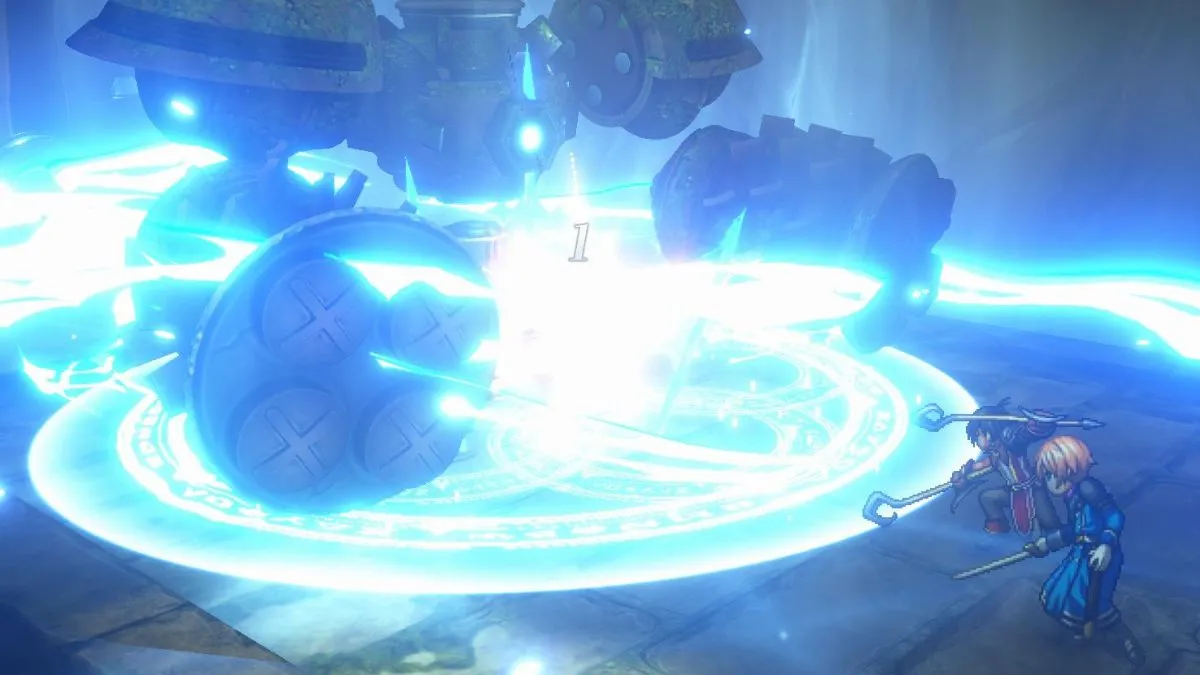




Published: Apr 21, 2024 11:00 am